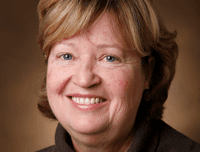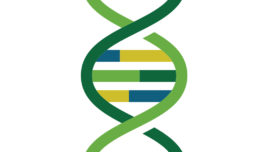ASHG Honors Kári Stefánsson with William Allan Award
For Immediate Release Wednesday, July 12, 2017 9:00 a.m. U.S. Eastern Time Media Contact: Nalini Padmanabhan ASHG Communications Manager 301.634.7346 press@ashg.org Geneticist to Receive Award at ASHG 2017 Annual Meeting BETHESDA, MD – The American Society of Human Genetics (ASHG) has named Kári Stefánsson, MD, founder of deCODE Genetics, the 2017 recipient of the annual... Read More





